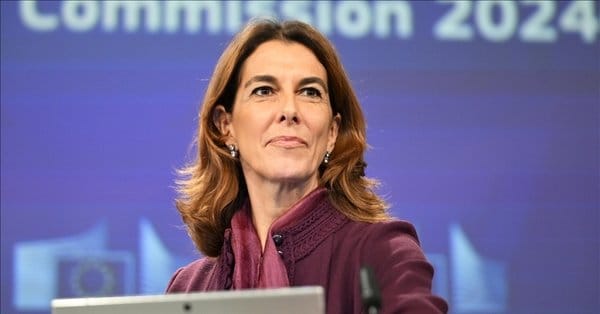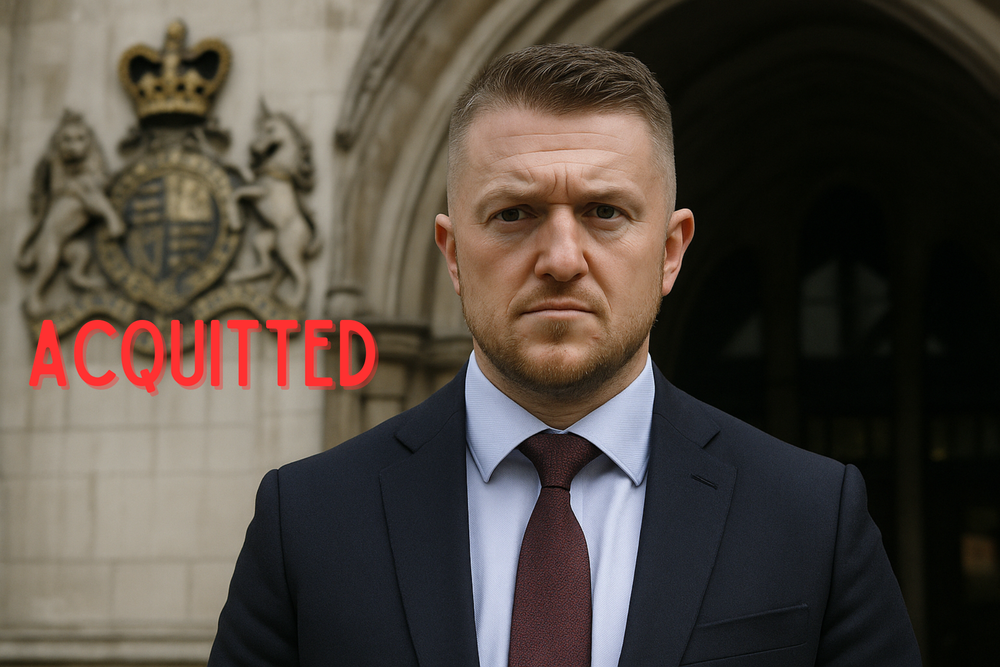The Question That Cost a Career
Gabriele Nunziati’s press inquiry exposed Europe’s invisible speech limits.

Ask the wrong question about Israel, lose your job. That's not speculation. That's what happened to Italian journalist Gabriele Nunziati.
Nunziati's question was simple, logical, and framed within the European Union's own established precedent.
She asked spokesperson Paula Pinho, “You’ve been repeating several times that Russia should pay for the reconstruction of Ukraine. Do you believe that Israel should pay for the reconstruction of Gaza, since they have destroyed almost all its civilian infrastructure?”
This firing for a single question at a European Commission press conference is more than an isolated personnel matter.
It is a stark case study in the powerful mechanisms that shield Israel from legitimate scrutiny and the chilling effect this has on free speech and honest journalism in the West.
The Nova news agency terminated her contract, explicitly citing this question as the reason.
Embarrassment as Grounds for Dismissal
The agency's justification was revealing.
They claimed Nunziati displayed ignorance of international law, arguing that Russia's "unprovoked" invasion was fundamentally different from Israel's war, which was a "response to an attack."
This legalistic framing ignores the overwhelming scale of destruction and civilian death in Gaza, which many humanitarian organizations have described as catastrophic.
More damningly, Nova admitted the question caused "embarrassment" after it was amplified by "Russian nationalist" and "political Islam" channels.
This suggests the firing was not about legal precision, but about controlling a narrative and avoiding association with critics of Israel, regardless of the validity of their points.
The Pattern of Professional Retaliation
Nunziati's dismissal is not an outlier.
It is part of a well-documented pattern where journalists, academics, and commentators in Europe and the United States face professional retaliation for challenging Israeli government actions.
This creates a climate of fear and self-censorship, where reporters understand that certain lines of inquiry are professionally dangerous.
As one anonymous Nova colleague stated, after Nunziati was fired, "all the journalists in the editorial office became silent."
The Cost of Silence
This silencing campaign protects Israel from the accountability demanded of other nations and ensures Western policy continues unchallenged, regardless of its contradictions.
When a journalist can lose thier job for asking a logical question based on observable reality, it signifies a failure of democratic discourse.
The true cost is measured not just in one lost career, but in the erosion of the press's vital role to question power and speak truth, no matter how inconvenient.
The message is clear: some truths are too expensive to tell.

